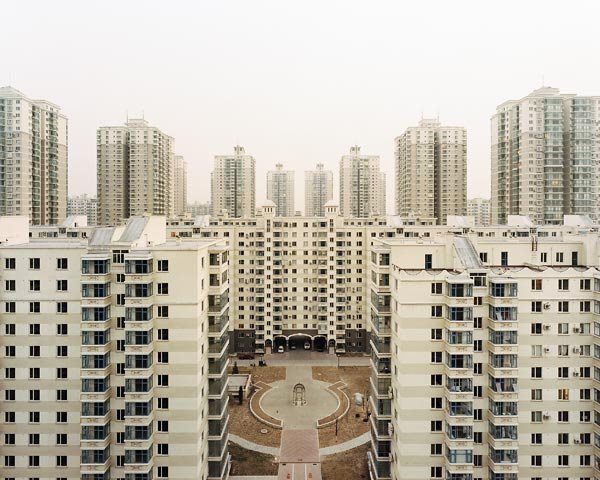Fulbright scholar Jason Lee was overheard at a house party last month waxing enthusiastic about one of Beijing’s newest subway lines. “I mean, listen to this. I’m going to be able to go from Zhichun Lu to everything I’d wanna do: Gongti, Guanghua Lu, Guomao … ”
Lee’s ebullience didn’t exactly rub off on the party’s other guests, but his excitement is understandable. While only subway lines four, five and ten will be finished for the Olympics, officials recently announced that when the subway expansion is complete in the year 2020, it will include 22 lines and stretch to 561 kilometers, overtaking London’s and New York City’s subways as the longest metro system in the world.
But the city isn’t stopping there. Last month it made two other groundbreaking announcements: First, Beijing’s strategic underground city (the network of tunnels that currently weave beneath the Tian’anmen area) is currently being expanded so that by 2012 it will occupy 20 million square meters, making it the world’s largest network of its kind. President Hu Jintao has called it an “important strategic effort” for national security and for the safety of future generations.
Embarrassingly, Beijing’s underground city actually lags 40 years behind that of cities in Europe and the United States. In the event of a sudden large-scale disaster or war, shelters in the Western world can hold 80-90 percent of local citizens, while Beijing’s underground city can currently only provide safety for 8-10 percent of its people.
Another development flying below the radar (unless you attended November’s International Conference on Underground Space): Beijing is exploring the possibility of tripling the city’s 30 million square meters of public underground space “to ease ground traffic congestion, land use tension in downtown areas, and environmental problems.” The plan, proposed by the Beijing Urban Planning Commission, includes construction of six underground expressways by 2020 to further ease traffic congestion, mainly within the Second and Third Ring Roads. Aside from the logistical problems of such a project, Duan Jinyu, director of the transport planning department at Tsinghua University, told tbj it’s misdirected simply because “people don’t feel pleasant in underground space.”
Nevertheless, Jason Lee is looking at the bright side of the underside: “The flexibility of this new transportation will give Beijingers a better lifestyle.” However his excitement over Beijing’s subterranean dreams is somewhat hypothetical, perhaps like the plans themselves. “Actually, I won’t still be around in 2008,” he revealed after the party. “But I live so close to where the subway could be.”

No comments:
Post a Comment